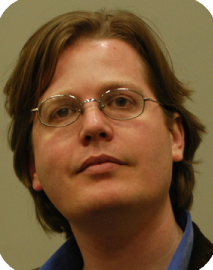Advice Concerning the Increase in AI-Assisted Writing
Edward Schiappa, Professor of Rhetoric
Nick Montfort, Professor of Digital Media
10 January 2023
[In response to a request, this is an HTML version of a PDF memo for our colleagues at MIT]
There has been a noticeable increase in student use of AI assistance for writing recently. Instructors have expressed concerns and have been seeking guidance on how to deal with systems such as GPT-3, which is the basis for the very recent ChatGPT. The following thoughts on this topic are advisory from the two of us: They have no official standing within even our department, and certainly not within the Institute. Nonetheless, we hope you find them useful.



